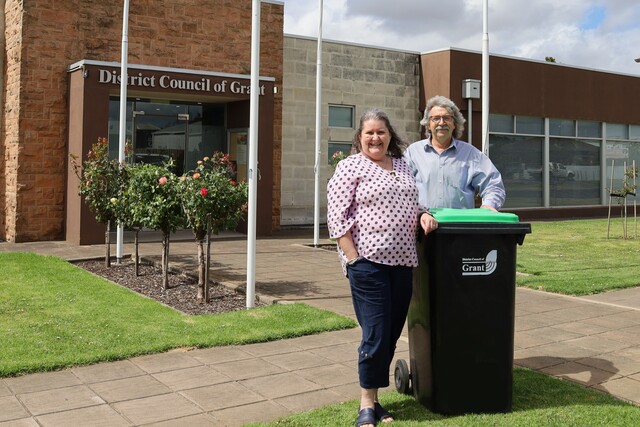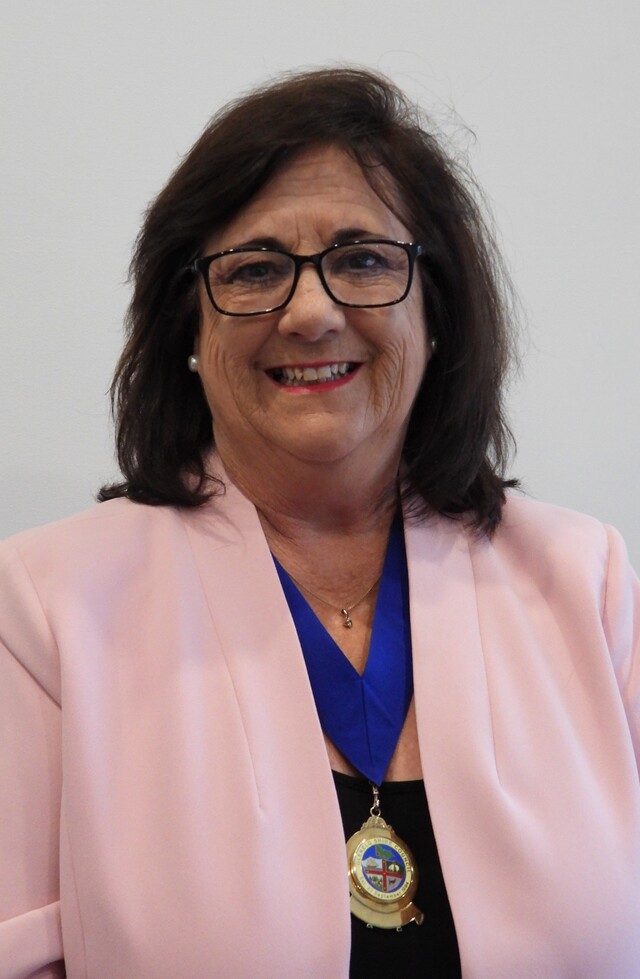Once again, there were a number of international delegates at this year’s Local Government Managers Australia (LGMA) National Congress and Expo. Some attended as part of an officer exchange program, while others represented their nation’s affiliate organisation with LGMA. Bruce Romer, President of the International City/County Management Association (USA); James Hehir, Senior Vice President of the Society of Local Authority Chief Executives (UK); Darryl Griffin, President of the Society of Local Government Managers of New Zealand; and Thoka Mashiane, President of the Institute of Local Government Management of South Africa, each presented an overview of the issues confronting Local Government within their nations at the International Roundup session of the Congress.
United States of America
Bruce Romer, Chief Administrative Officer at Montgomery County Council in Maryland, said that ICMA now has 8,000 members worldwide. It has recently completed a strategic plan which aims to increase its advocacy role and expand continuing education for Local Government managers.
He said that the explosion of e-government is the result of citizens thirsty for access to Council services via the web.
“Some 85 percent of our Councils with more than 10,000 residents have a website,” he said. “In most cases this is one way information rather than e-commerce. Those who are using e-commerce are not reporting cost savings to date, rather that this is an additional service but is not replacing old systems at this stage.”
Bruce Romer said that the digital divide is a concern. This is recognised as not only economic but the result or geographic and generational factors. He said that City Charters separating political and appointed leadership are presenting some problems particularly when elected people are appointed to management positions.
The proliferation of referenda questions on ballot papers is also a concern. Using the term ‘the demise of hometowns’, he said the closure of services and loss of a sense of community call for the need to find new partnerships to assist many struggling local communities.
“We need to be sure that when citizens think about value in service delivery, they think about Local Government,” Bruce Romer said. “People still believe Local Government delivers the best value for the tax dollar.”
United Kingdom
James Hehir, Chief Executive, Ipswich Borough Council, referred to the creation of another tier of government, with the British Government devolving powers to Wales, Scotland and Northern Ireland, as well as creating nine regional governments in England.
“The increase in inspections and monitoring imposed on Councils in the areas of education, housing, best value and audits results in us spending too much time looking internally,” he said.
James Hehir said that under the Blair Government’s Modernising Democracy, Councils have three options, Cabinet and Council Leader; Elected Mayor and Cabinet; and Elected Mayor and Council Manager. He said that e-government is the most exciting initiative taking place in Local Government.
“It is demanding the re engineering of the whole place, looking at the way we deliver services,” he said.
New Zealand
Darryl Griffin, City Manager at Selwyn District Council, said that New Zealand’s Central/Local Government Forum, comprising the Prime Minister, key Ministers and Local Government representatives, has resulted in stronger working relations between the two spheres.
“We are pleased we do not have State Governments which would get in the way of this process,” he said.
He added that more empowering legislation for good governance and improved management practices has resulted. A recent change has been the introduction of the requirement for all CEO positions to be declared vacant every five years.
South Africa
Thoko Mashiane, CEO at Elanzini District Municipality, explained that Local Governments in South Africa fall into three categories: Metros, which are the large cities; District Councils made up of a number of municipalities; and Towns, which are the smaller urban centres.
She said that under the new system of government in South Africa, Councils are leading the fight against poverty through social and economic development initiatives.
“This is the first time we have had full time Councillors,” Thoka Mashiane said. “Executive Mayors also have much more responsibility.”
Under the Local Government Act, she said that there is a strong emphasis on community involvement and participatory democracy, with Ward Committees playing a major role.
There are performance based contracts, with fixed terms for municipal managers. However, she said that there has been some politicisation of staff appointments. If Council appoints a manager on a party basis, then it is likely the appointments of staff will also reflect this.







